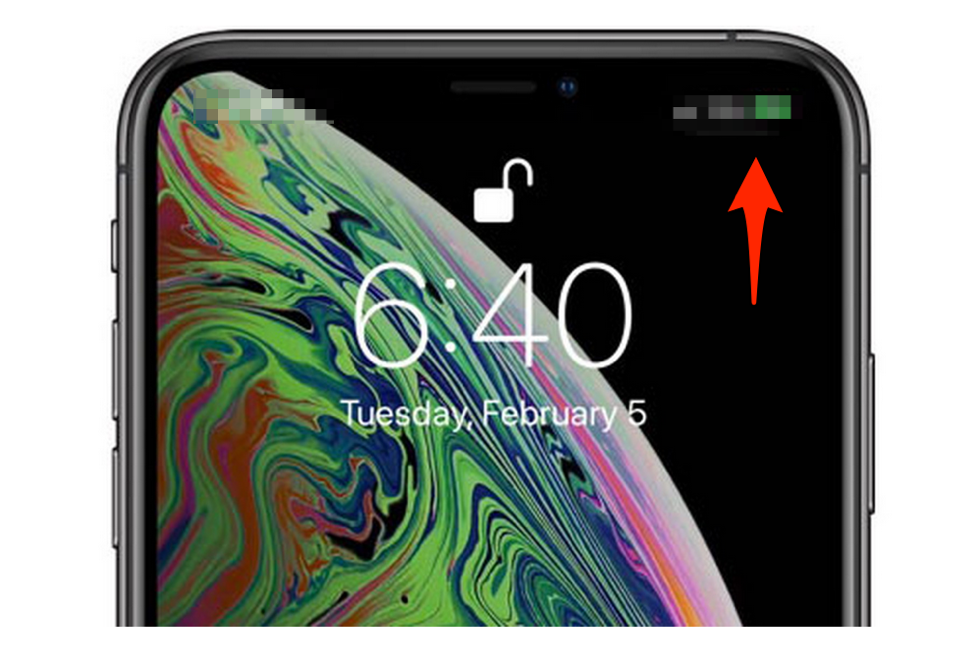| Sam Volkering | 23 Nov 2020 |
Seven years, seven months, 11 days
In today's Exponential Investor…
- Going through the archives
- What is "money"?
- A supermarket experience
I was thinking last week about cryptocurrency and bitcoin specifically.
I was trying to concisely think of a way I could write to you that summed up what was happening right now and why at the time of writing this, we're talking about one bitcoin being worth more than $18,000.
With that in mind, I went through my records all the way back to 12 April 2013.
I'd been researching, dabbling in and understanding bitcoin before I became a writer. My interests in it were back when I was still an independent financial adviser.
But my first experience in actually writing about it and sending my views to thousands of readers was 12 April 2013 in a publication known then as The Daily Reckoning in Australia.
It was not only one of my first pieces on bitcoin, but one of my earliest published piece of writing. When I read back through it, it told me two things.
One, my writing has evolved quite a bit in seven years (I hope).
Two, the core premise of what bitcoin is and what it can do, hasn't changed.
It's that second lesson I want you to understand today and tomorrow. It's also why I'm republishing to you today and tomorrow a seven-year, seven-month and 11-day old essay I wrote on bitcoin.
To understand what's happening, what's been happening since I wrote this, you've got to think about the system of money we know today and have done for decades. You've then got to understand how it changes, why it changes and what it could change into.
Then I believe you'll be truly ready to accept and step into the real crypto revolution. So remember when reading this, it was written in early 2013. Ask yourself, has the existing system got better? Got worse? Changed at all?
You may be interested inHIDDEN IN PLAIN SIGHT
 The latest tech inside the new iPhone is an industry forecast for a $13.2 TRILLION explosion over the next decade If you move fast, you could watch a small stake turn into a fortune.
Capital at risk. Forecasts are not a reliable indicator of future results. |
Also think about what it could look like in another five, ten, 20 years considering we now have access to a thriving cryptocurrency ecosystem to use as an alternative.
| If Cash is King, "The King is Dead"
It's my firm belief physical money, coins and cash, are on the verge of extinction. Not just for the fact that your money will only exist in digital form. But it's only a matter of a time before the primary global currency is "cryptocurrency".
Further to that, I think we might just be at the beginning of a whole new monetary system, one controlled by communities of people, a peer-to-peer regulated system.
In the world of business and finance, it's a given that old antiquated business models can't survive unless they innovate and evolve. Without innovation and technology some businesses and industries may die.
Now the interesting thing is one of the most ancient, old-fashioned systems in operation is the monetary system.
Sure there are fancy financial tools like MBS's, CFDs, derivatives of derivatives, monetary easing, monetary stimulation and a whole raft of complexities that effectively put the world in the economic turmoil it is in today. But in its simplistic form economies are driven by demand and supply. And money is just an intermediate in financial transactions.
Now I don't know about you but I'm sick of unpredictable markets, governments printing money at free will then kicking a whole lot of cans down the road to buy things they can't afford and incur debts they'll never pay off.
The key question that we need to keep asking when it comes to the monetary system is, "Is there a better way?" With the world in economic limbo, there's no reason why we shouldn't seek an alternative system.
Obviously precious metals like gold and silver are alternative ways of storing wealth, because we've attached value to them, and they're a finite commodity.
But as for your money in the bank… have you ever wondered what it really is? I can tell you that it's not sitting in a vault that you could just go and pick up all at once from your local branch.
It's really a bunch of binary numbers, a whole heap of 1's and 0's that exist on computer networks and servers that are all a part of the global economy.
And what's important to understand is that this new wave of cryptocurrencies is not too different from how your money currently exists. What makes cryptocurrency more appealing is a central bank can't just come along, print more of your crypto-coins and devalue you wealth.
With that in mind, what does the future of money look like?
In my view it's a cryptocurrency system.
What's important in all of this too is that it's simple logic that as technology and innovation advance so does the way we transact, bank and deal with money.
Why Coles has me convinced cash is dead
If we look back at the 1950s, the bulk of people from bankers to shop owners were paid by cash or cheque.
Regardless of their lifestyle intentions with those funds, if they decided to bank it, they'd have physically gone to the bank and put it in a big safe with the rest of the bank's money.
If they wanted to get some cash out for the weekly groceries or to buy a bus ticket they'd have to go get the cash from the bank teller. Because of this money would shuffle about the world physically transported from A to B.
It was inefficient and security was an issue but at least it gave people like Ronnie Biggs and Joseph "Specs" O'Keefe a career in robbing banks.
Then people started to get tired of always having to go to the bank for money. In 1969 (in New York) you could use a coded card (assuming you were a Chemical Bank customer) to withdraw money from an automated teller machine (ATM). Today there are an estimated 2.2 million ATMs worldwide.
With ATMs came bank cards, debit cards and credit cards. This meant people didn't have to carry cash around any more. In fact we didn't even need the cash in our account thanks to credit. We could simply use a plastic card to buy things.
Then through the connectivity of the Internet, we could simply transfer funds to other accounts or merchants. We had no need or purpose to physically go to a bank any more. So bank outlets have progressively been shut down.
Now we have online banks, that don't even exist in the physical world, they're 100% online (eg, UBank).
You can also have a "wallet" on your phone to store your bank details to make payments at retailers. You can even touch your phone with another phone or merchant terminal to instantly transfer or pay money. This is thanks to a tiny piece of technology called near-field communication (NFC).
In a number of African countries many people are "unbanked", meaning they have no bank account. Because of this, countries like South Africa, Kenya and Uganda have payment systems that are processed via text messaging.
You get paid with a text message and buy your goods and services the same way. It's called Mobile Money and it's run by phone companies like the MTN Group. Physical cash and coins in these places have already disappeared.
There's more evidence to suggest Western countries will stop using cash and coins completely. The American Institute for Economic Research has found in Sweden only 3% of money in circulation is made up of physical money. In the US that figure is 7% and falling.
Think about the last time you went grocery shopping; did you pay with cash or card? Or when was the last time you bought plane tickets with cash, or a cheque? It's again likely you paid via card, electronic funds transfer (EFT) or BPay.
This all hit home with me last Sunday afternoon. I headed down to my local 24/7 Coles in Elsternwick (a 24/7 supermarket is the greatest thing in the world by the way). I grabbed a few supplies for Sunday's dinner and headed to the self-checkout that has sprung up over the last couple of years.
What got my attention, and backed up my point that cash is dead, was the queue for the "Card Only" self-checkout machines had the longest queue out of all available methods of checkout.
Also, every single terminal had facilities for "PayPass". The queue literally extended past every checkout counter.
| |
Where we've been, so where to next? This was the situation in 2013. Seven years ago. Seven years of a financial system implementing new technologies, mobile technologies and digital technologies to pretend the financial system is evolving.
But behind closed doors, the financial system has been devolving into a heaping mess since then. Now we're seeing that play out more than ever as central banks run riot.
The wheels were set in motion back at the turn of the century with this move to all-digital banking. In 2008 the fragility of the whole system was put on display. Ever since the fragility has turned into an outright point of failure.
This point of failure doesn't exist in the likes of bitcoin, and in tomorrow's Exponential Investor I'll show you exactly why.
I'll show you that when the traditional financial system collapses again, it might rebuild, but it will be too late as the shift to cryptocurrency and the trust in it will be already underway and too late for the traditional system to stop.
Regards,

Sam Volkering
Editor, Exponential Investor
   |
|



Tidak ada komentar:
Posting Komentar